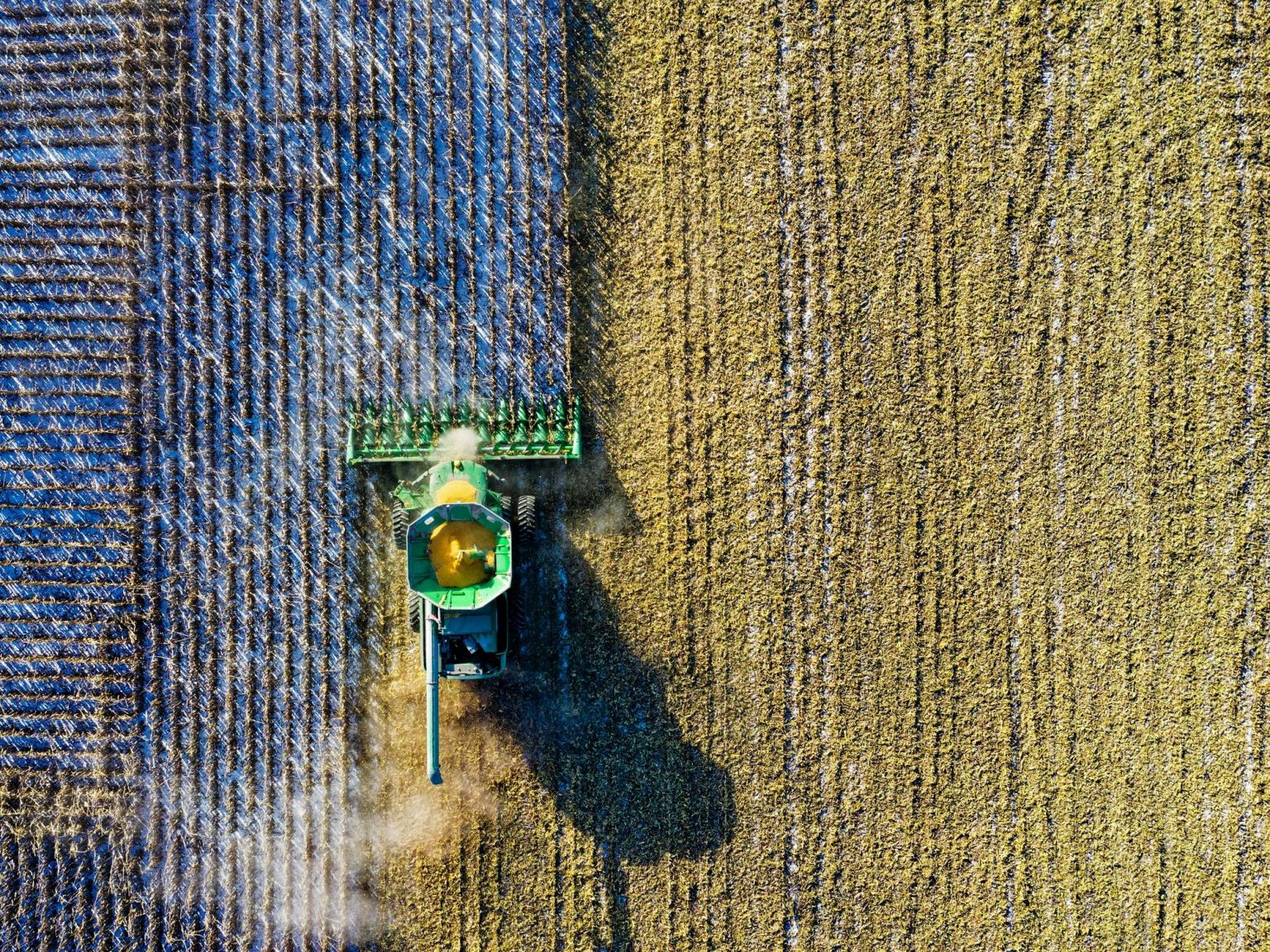Agri-Food Entrepreneurship Startups And Business Models In Agriculture
According to recent data, there has been a significant growth in investment in agri-food startups. This trend highlights the increasing recognition of the importance of innovation in the agricultural and food sectors. Startups in this field have been attracting substantial funding, driving advancements in technology and practices that aim to revolutionize the way we produce and consume food.

The agri-food sector plays a crucial role in feeding the world's population and ensuring food security. With a growing global population, there is an urgent need to find sustainable and efficient ways to meet the increasing demand for food. This has spurred the interest of investors in agri-food startups, who see the potential for disruptive solutions that can address these challenges.
One of the key drivers of investment in agri-food startups is the rising awareness of the environmental impact of traditional agricultural practices. Conventional farming methods often rely on large amounts of water, synthetic fertilizers, and pesticides, which can harm ecosystems and contribute to climate change. Agri-food startups are developing innovative technologies and practices that enable sustainable and regenerative farming methods, reducing the industry's environmental footprint.
Another factor fueling investment in this sector is the growing consumer demand for healthier and more sustainable food options. In recent years, there has been a significant shift in consumer preferences towards organic, locally sourced, and plant-based products. Agri-food startups are at the forefront of meeting these demands, providing alternative solutions that promote healthier and more sustainable diets.
So, what is driving the growth of investment in agri-food startups? Several factors come into play. First and foremost, the potential for high returns on investment is a major draw for investors. As the demand for innovative food solutions continues to rise, startups in this space have the potential to scale rapidly and achieve significant market penetration.
In addition, government support and favorable policies have also contributed to the growth of agri-food startups. Many countries are recognizing the importance of promoting innovation in the agricultural sector and are offering incentives and grants to support startups in this space. This has created a conducive environment for entrepreneurs and investors to collaborate and drive advancements in the agri-food industry.
Ideas For:
- Improving Food Supply Chains: Agri-food startups can focus on creating more efficient and transparent supply chains to reduce food waste and ensure the timely delivery of fresh produce.
- Next-Generation Farming Technologies: Investing in cutting-edge technologies such as vertical farming, hydroponics, and precision agriculture can significantly enhance productivity and sustainability in the agri-food sector.
- Alternative Protein Sources: Developing plant-based and lab-grown meat alternatives can address the growing demand for sustainable protein sources while reducing the environmental impact of traditional livestock farming.
- Sustainable Packaging Solutions: Agri-food startups can explore innovative packaging materials and designs that are eco-friendly and minimize waste.
Recommendations For:
- Investors: Consider allocating a portion of your portfolio to agri-food startups. With the potential for high returns and the growing importance of sustainable food systems, this sector presents an attractive investment opportunity.
- Entrepreneurs: If you have an innovative idea or technology that can disrupt the agri-food industry, now is the time to pursue it. There is ample support and funding available for startups in this space.
- Government and Policy-Makers: Continue to provide incentives and create an enabling environment for agri-food startups to thrive. Supporting innovation in the agricultural sector is crucial for achieving sustainable and resilient food systems.
- Consumers: Be mindful of your food choices and consider supporting agri-food startups that offer healthier, sustainable, and ethically produced food options.
Listicle of:
- The Top 10 Agri-Food Startups to Watch Out For
- 10 Innovations That Are Revolutionizing the Agriculture Industry
- How Agri-Food Startups are Transforming the Dairy Sector
- 5 Ways Agri-Food Startups are Tackling Food Waste
- The Role of Agri-Food Startups in Promoting Food Security
- 10 Agri-Food Startups Making a Difference in Developing Countries
- How Agri-Food Startups are Embracing Artificial Intelligence
- The Future of Agri-Food Startups: Trends and Predictions
- From Farm to Fork: How Agri-Food Startups are Ensuring Traceability
- Investing in the Future: Why Agri-Food Startups Matter
Question & Answer:
- Q: What are the key challenges faced by agri-food startups?
- Q: How can agri-food startups contribute to sustainability?
- Q: What role does technology play in agri-food startups?
A: Agri-food startups face several challenges, including regulatory hurdles, limited access to capital, and the need to establish trust and market acceptance for their innovative solutions. Additionally, scaling up operations and ensuring consistent supply can be challenging in an industry heavily influenced by seasonal and weather-related factors.
A: Agri-food startups can contribute to sustainability by developing and promoting practices that minimize environmental impact, such as regenerative agriculture, efficient water usage, and reducing carbon emissions. Additionally, they can focus on creating sustainable and transparent supply chains to reduce food waste and ensure fair trade.
A: Technology plays a crucial role in agri-food startups. From precision agriculture and remote sensing to blockchain and artificial intelligence, technology enables startups to optimize farming practices, improve productivity, and ensure traceability and transparency in the food supply chain. It also facilitates access to market information and helps in the development of innovative food products.
Summary of:
The investment in agri-food startups has been growing rapidly in recent years, driven by factors such as the need for sustainable food systems, rising consumer demand for healthier and more sustainable options, and favorable policies and government support. Startups in this space are developing innovative solutions to address the challenges faced by the agri-food sector, such as environmental impact, food waste, and inefficient supply chains. By investing in agri-food startups, supporting their growth, and making conscious food choices, we can contribute to building a more sustainable and resilient food system for the future.

Post a Comment for "Agri-Food Entrepreneurship Startups And Business Models In Agriculture"